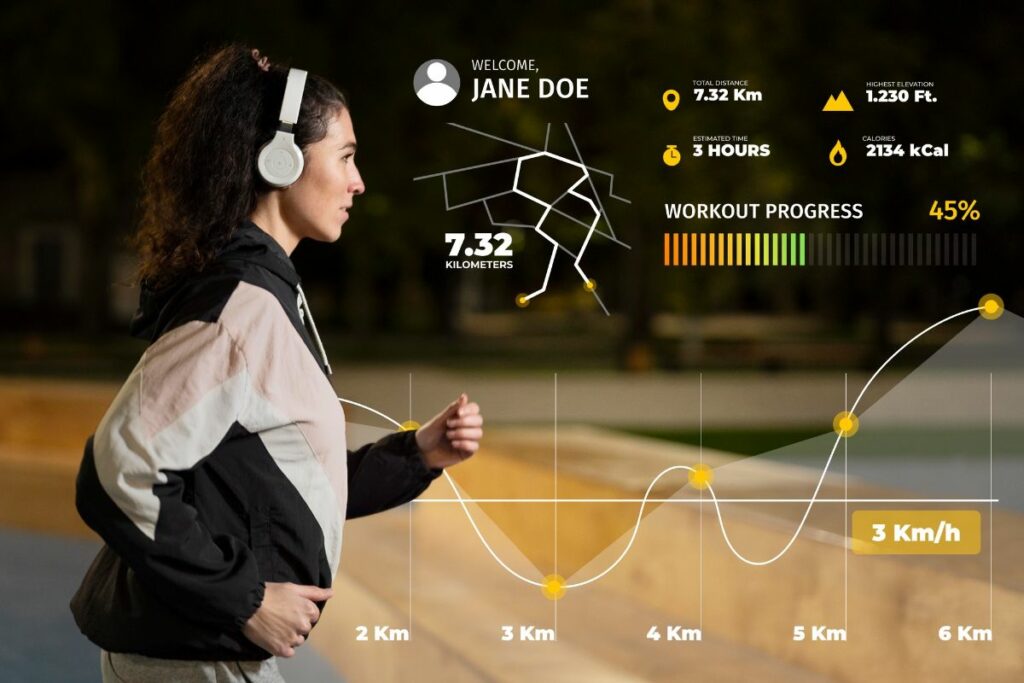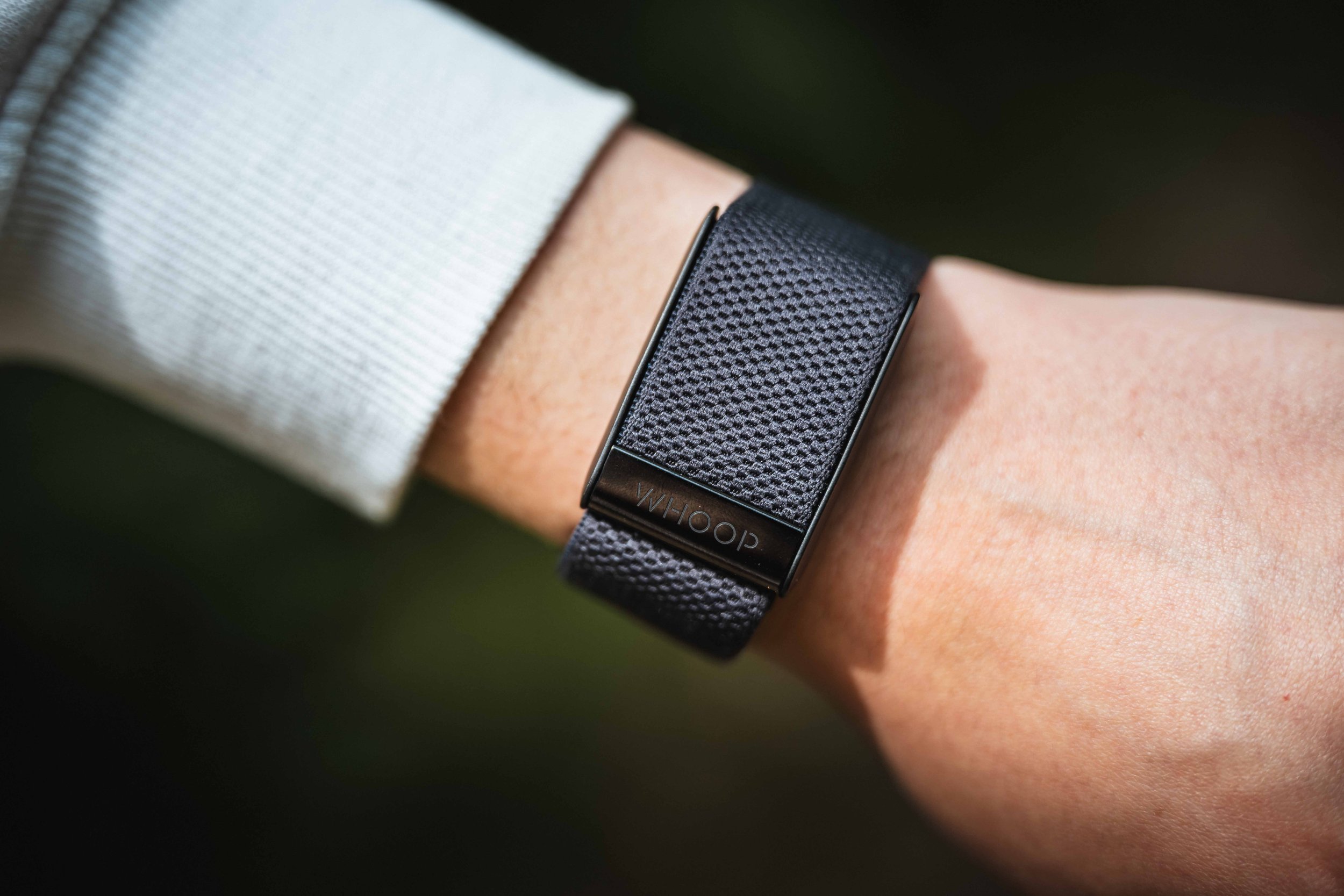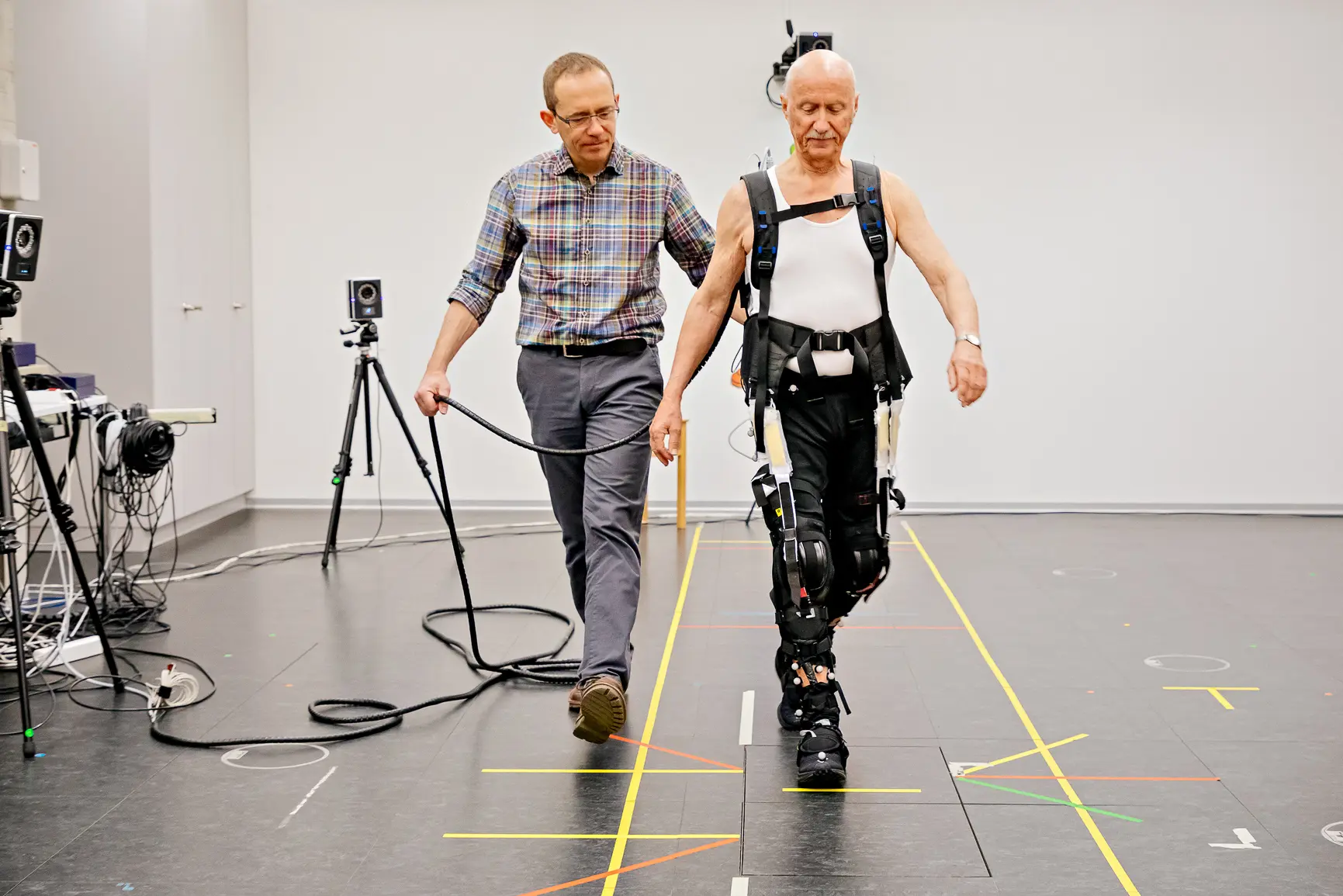In the realm of sports, technological advancements are revolutionizing how athletes train and perform, as well as how fans engage with their favorite games. One significant innovation is the integration of wearable technology. Devices equipped with sensors monitor athletes’ physiological metrics in real-time, providing insights into performance and health. This data-driven approach enables personalized training regimens and early detection of potential injuries, optimizing both performance and safety.
Another transformative development is the use of artificial intelligence (AI) and data analytics. Teams and coaches now leverage AI to analyze vast amounts of game data, uncovering patterns and strategies that inform decision-making. This analytical edge enhances competitive performance by identifying opponents’ weaknesses and optimizing team tactics. Additionally, AI-powered applications offer personalized coaching to athletes, providing feedback tailored to individual strengths and areas for improvement.
Virtual and augmented reality (VR/AR) technologies are also making a significant impact. Athletes utilize VR simulations to practice in immersive, controlled environments, allowing for skill refinement without physical strain. Fans benefit from AR by experiencing live games with overlaid statistics and interactive elements, enriching their viewing experience. These innovations not only enhance athletic performance but also bridge the gap between the game and its audience, fostering a more engaging and informed fan base.






